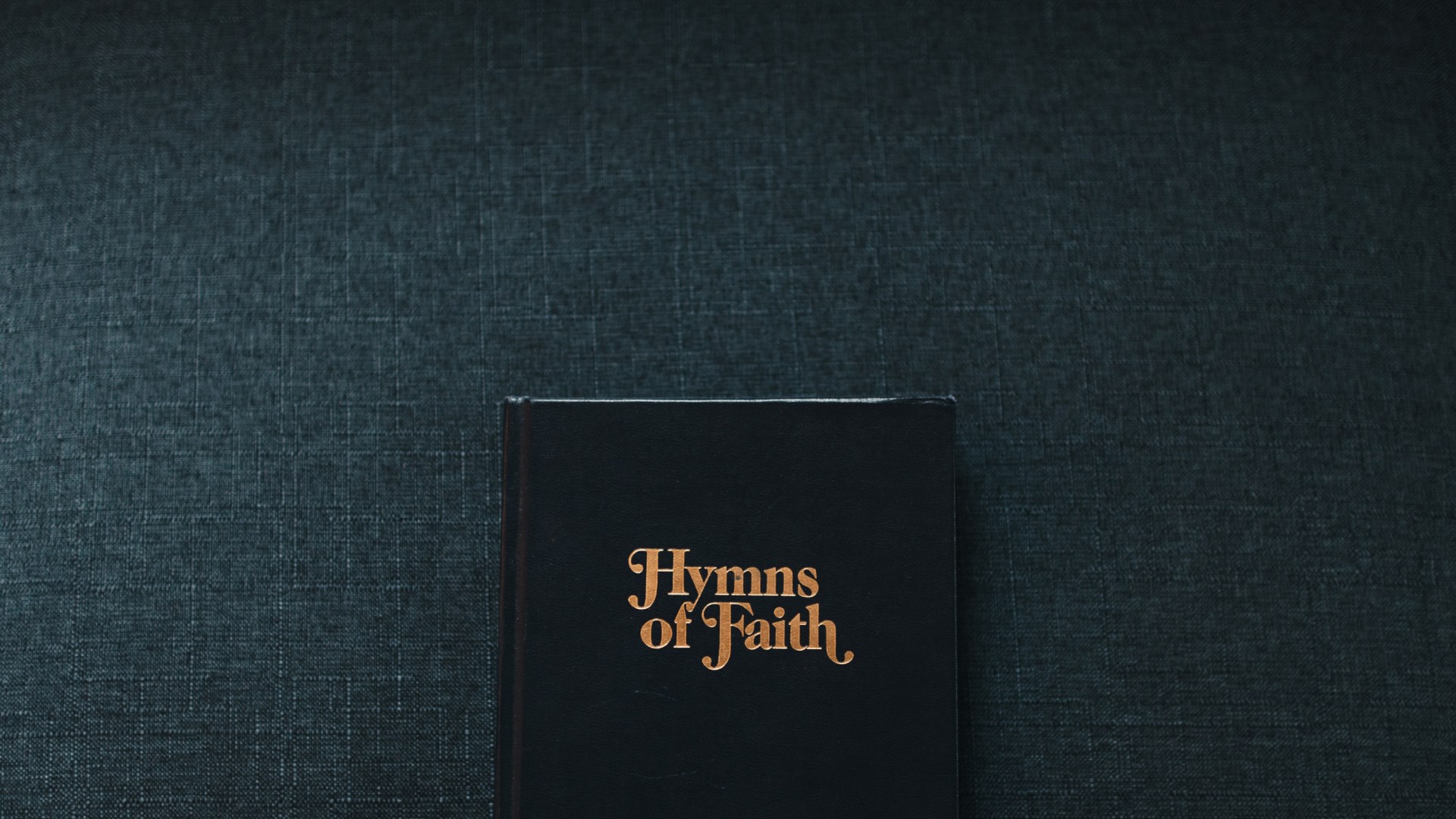John Piper needed “Great Is Thy Faithfulness” to match a sermon, so he wrote two new Reformed verses. Many of writer Thomas Chisholm’s fellow Methodists, who “sing their theology,” couldn’t sing along.
Answers are arranged on a spectrum from “yes” answers at the top to “no” answers at the bottom.
“Many gentlemen have done my brother and me . . . the honor to reprint many of our hymns. Now they are perfectly welcome so to do, provided they print them just as they are. But I desire they would not attempt to mend them; for they really are not able . . . to mend either the sense or the verse.”
John Wesley, songwriter and evangelist, in Collection of Hymns for the Use of the People Called Methodists (1780)
“Hymns are theological statements. John and Charles Wesley convey Methodist ethos in and through hymns. Methodism embeds its theology in song: lyrical theology. To that end, and particularly for Methodism, hymns are not theologically neutral but carry theological distinctiveness.”
Swee Hong Lim, sacred music program director, University of Toronto’s Emmanuel College
“Taking a hymn in a new theological direction is far from novel in church history. (Calvinist George Whitefield altered Charles Wesley’s text “Hark, the Herald Angels Sing” and made it a smidgen less Wesleyan.) Was Piper wrong to transpose Chisholm’s hymn to a Reformed key? No. Is it always permissible? No. Is it always profitable? No. Is it always faithful? One can certainly hope so.”
David Taylor, assistant professor of theology and culture, Fuller Seminary
“It is more urgent for composers to be less concerned with the particulars of our denominational, cultural, and political preferences and to immerse ourselves in the Scriptures and in our common Christian tradition. We must understand that our job is not so much to be original but to be messengers of the incarnate, crucified, and resurrected Christ. Good solid hymnology can play a part to move us away from our ideological idolatries.”
Carlos Colón, assistant director of worship and chapel, Baylor University
“I feel that Piper justly contextualized the hymn, allowing his text to speak. Jesus was asked a similar question by the Samaritan woman in John 4. She asked if her cultural ways of worship were valid even if they did not necessarily line up with the theological viewpoints of the Jews. Jesus loosely said, ‘Lady, you have missed the point. If your heart is right, then I’ll take it.’ ”
Kenneth L. Wallace Jr., doctoral student, Robert E. Webber Institute for Worship Studies
“A Kenyan ethnodoxologist, Kiplagat, recently remarked that people often adapt hymns by creating additional refrains and other ways of singing and moving that reflect local aesthetics. He said, ‘Each group needs to make the song their own.’ Piper has done that with these new verses, and it clearly resonated with people, bringing a whole new appreciation of the hymn to this generation.”
Robin P. Harris, director, Center for Excellence in World Arts










